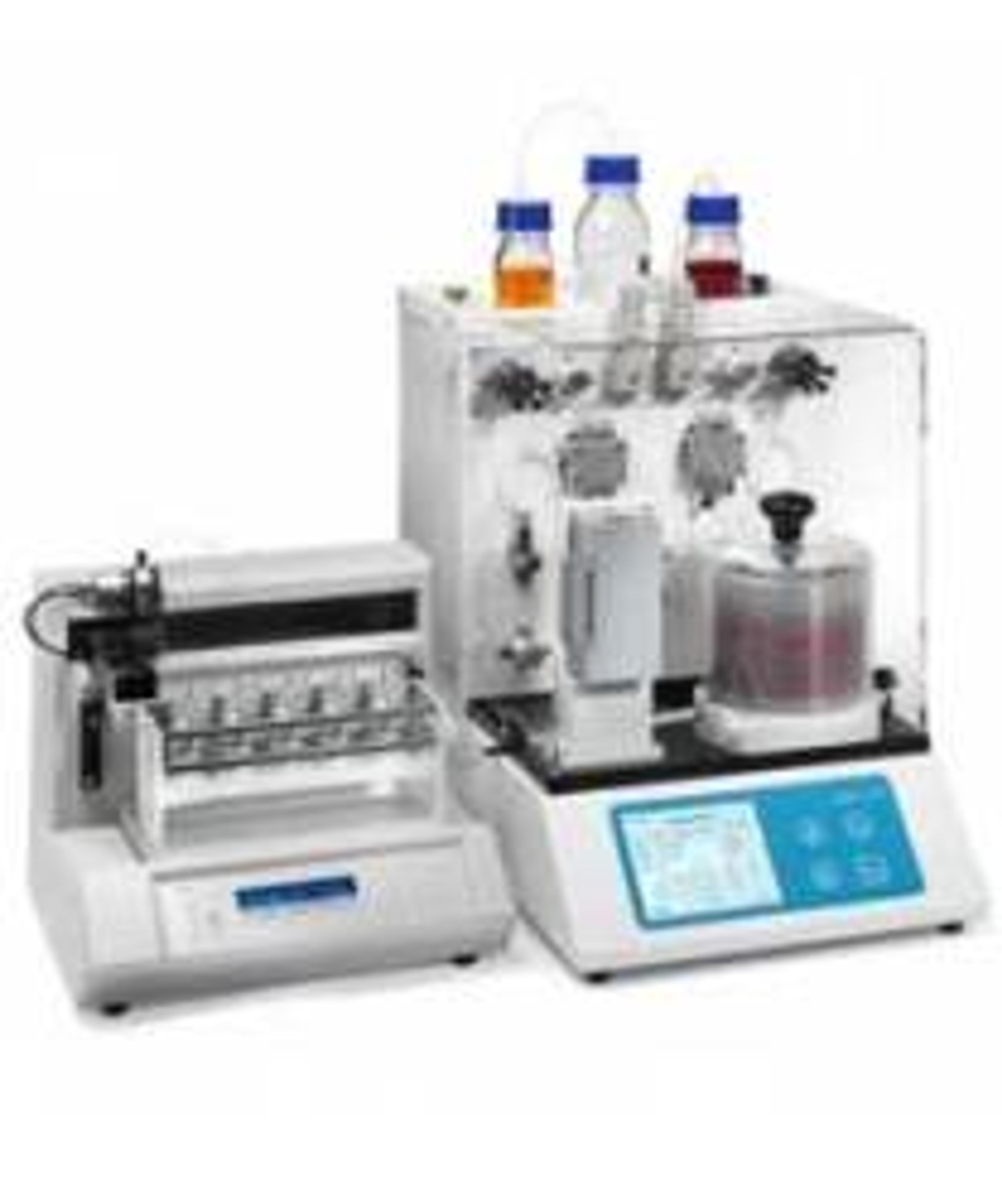Sequential photothermal flow chemistry delivers high yields of bicyclic lactams
Researchers at the University of Bristol have successfully prepared bicyclic lactams in high yield and excellent purity, using a photochemical [2+2] cycloaddition followed by a thermal electrocyclic cascade
21 Sept 2021
By moving the photochemistry, performed using a PhotoSyn™ LED photoreactor, from ultraviolet (UV) to visible, the Bristol researchers were able to make their [2+2] ring closure much more energy efficient. Integrating this with a FlowSyn™ Continuous Flow Reactor, they were also able to apply automated high-temperature flow chemistry to the thermal cascade step, facilitating safe and reliable scale-up with short reaction times.
Using this experimental setup - the researchers were able to demonstrate a unique example of a photothermal daisy-chained process combining a visible-light-mediated photochemical initiation and a thermal cascade reaction as a fully continuous process yielding 20 grams/hour. This process was facilitated by the ability to employ acetonitrile as solvent at high temperature under pressurized conditions and the precise control of residence time and temperature in the flow reactor which enabled the isolation of a reactive diene intermediate on a scale and yield not achievable under batch conditions.
The Uniqsis FlowSyn™ is a fully integrated continuous flow reactor with everything you need to start doing flow chemistry including reaction optimization, synthesis, and scale-up. To provide maximum flexibility, a wide range of mixer and reactor options are available as well as additional modules for performing multiple experiments, or sub-ambient chemistry. Fully compatible with the FlowSyn™, the PhotoSyn™ photoreactor lamp module is designed to provide scientists with a high-power LED light source for continuous flow applications. Available with a selection of different LED arrays the unit can provide outputs up to 700W from the dedicated programmable power supply.
Want the latest science news straight to your inbox? Become a SelectScience member for free today>>

